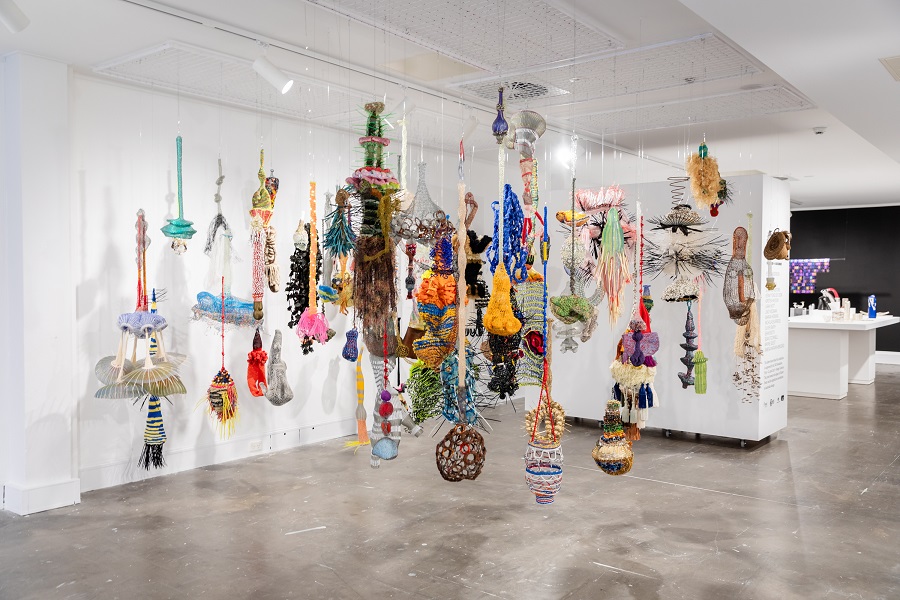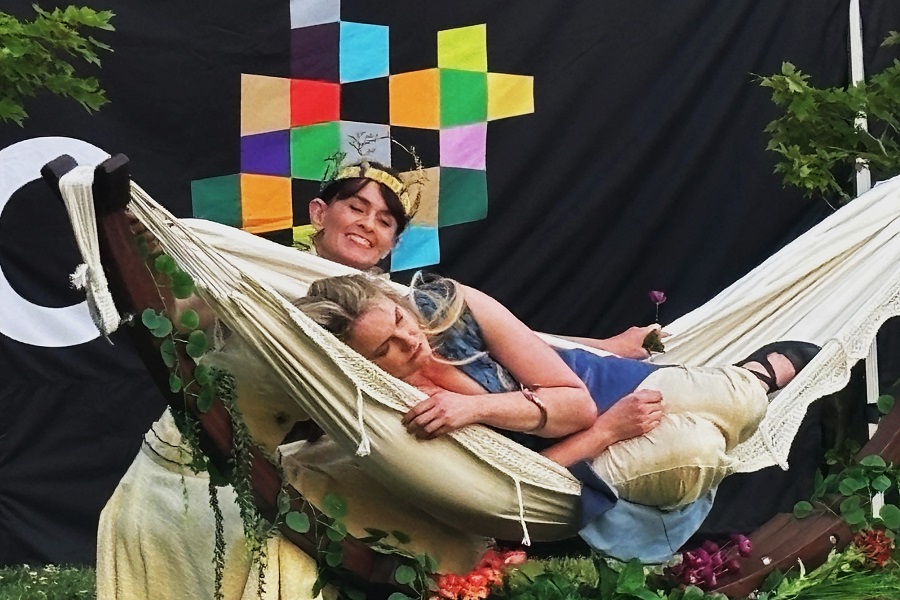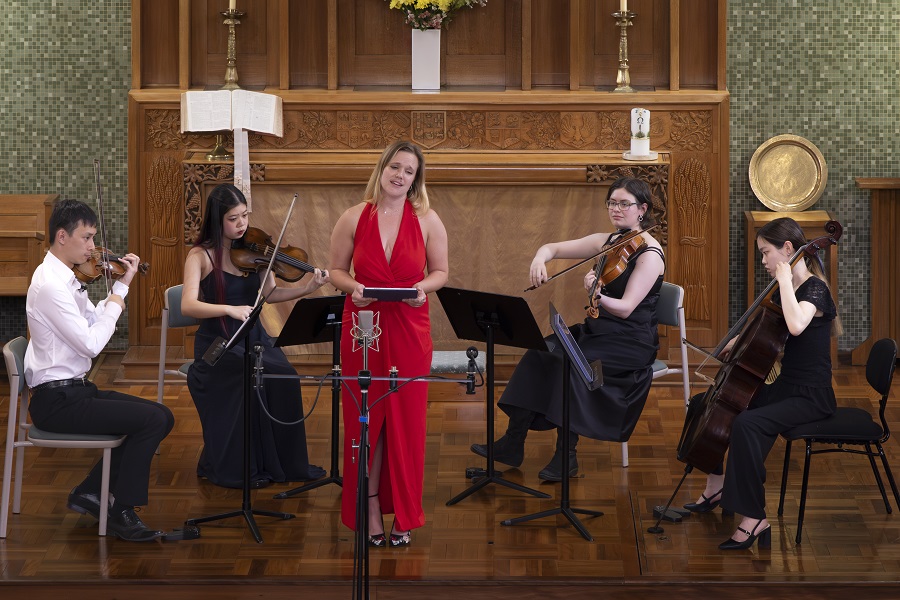
WITH not a single vacant seat in the house, and, by the end, barely a dry eye, soprano, Louise Page, and accompanist, Phillipa Candy, ended their more than 25 years’ artistic partnership in presenting art song, as Page, venturing into retirement, eased her much-loved voice into silence a final time.
Peppered with stories of their partnership, the program Page and Candy presented showed their legendary versatility. They had their audience laughing at one minute, and in awe-struck, breathless silence the next. Page’s voice soared with beauty and gentleness at one minute, lofty power the next, and mischief after that. Candy, all the while playing with consummate skill, gave Page understated support.
To paraphrase the lyrics from the opening song, Purcell’s wistful “Music for a While”, from the incidental music to the play, “Oedipus”, Page and Candy beguiled away any cares the audience had, paving the way for an engaging afternoon of superb music-making.
There were vocal gymnastics in “The Carnival of Venice”, often associated with the popular song lyrics “My hat, it has three corners; Three corners has my hat”, or even “How Much is that Doggie in the Window?”. Their recording, titled “Eternity”, featuring the song cycles of Erich Korngold got a nod with two profoundly beautiful songs, “Was du mir bist” (“What are You to Me”), and “Welt ist stille eingeschlafen” (“The World Quietly Slumbers”).
Another tangent found Page and Candy in a set of American spirituals such as an emotion-charged “Deep River”, and a quirky arrangement of “He’s Got the Whole World in His Hands” by Margaret Bonds, one of the first African-American composers and performers to be recognised in the US.
Then it was across the Atlantic to Spain, for even more diversity in seven classical Spanish songs. The English translation for the last of them was “A tiny bride, | A tiny groom, | A tiny parlour | And a bedroom. | That’s why I want | A tiny bed | and a mosquito net.” But don’t be fooled by the words – this was Spanish flamenco at its very best, with Page getting well and truly into the mood. The only thing missing were the castanets.
Some British folk songs and three songs by Richard Strauss took the audience to the finale, delivered with a warmth and sincerity that surely had people reaching for hankies. To her career-supporting husband, Page dedicated her performance of “Con te partirò” (“With you I shall leave”), perhaps better known as “Time to Say Goodbye”.
With the last notes barely fading in the reverberation, the audience, as one, stood to give these two treasures of Canberra’s arts community an emotional standing ovation. Multiple curtain calls demanded two encores, one from an opera by Korngold and then, to finish, really, finally, Flanders & Swann’s “A Word on my Ear (I’m Tone Deaf)”, delivered with trademark hilarity from both artists.
Canberra will miss Louise Page’s fluid voice, along with her bubbly personality, gracious generosity, and versatile repertoire. But, equally, Canberra will wish her well in her well-earned retirement.
Who can be trusted?
In a world of spin and confusion, there’s never been a more important time to support independent journalism in Canberra.
If you trust our work online and want to enforce the power of independent voices, I invite you to make a small contribution.
Every dollar of support is invested back into our journalism to help keep citynews.com.au strong and free.
Thank you,
Ian Meikle, editor




Leave a Reply